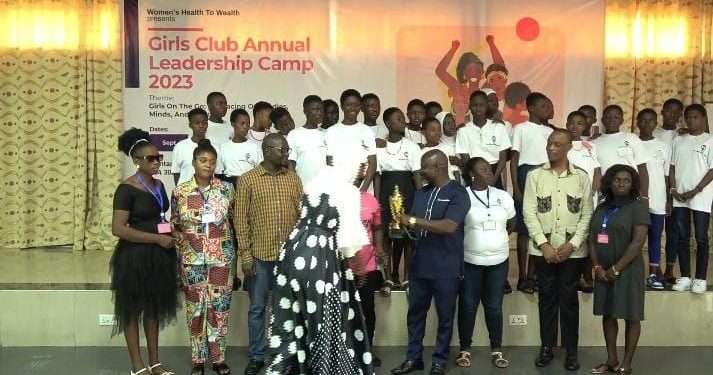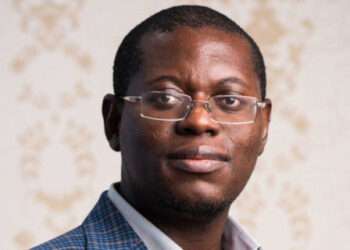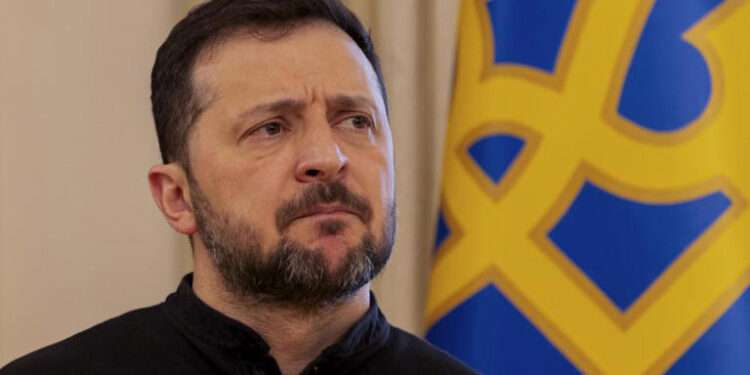Gender advocates are intensifying their call for policymakers to enact laws aimed at safeguarding the integrity of young girls, particularly in light of ongoing reports of assaults on females.
The pressing need for effective measures to protect the well-being of females, highlighted by numerous cases of defilement and rape, has prompted these advocates to push for legislative action.
Abenaa Akuamoa-Boateng, the Executive Director of Women’s Health to Wealth, has been a prominent figure in championing the cause for streamlined laws to protect young girls who often fall victim to sexual assault.
“From the side of the girls, one will say why don’t they talk to people? Some people even describe them as bad girls and that they want to practice sex. Let us be real. It happened to her because society wants to be moralistic when society itself is immoral. After all, we have people in high authority who are the ones who impregnate these girls. They are the ones who give these things to them and nobody takes them to account.
“We have a role to play. The agents that are supposed to see justice for these girls and the poor people, if you don’t do it, they will continue going to the press because they know that there, their story will be heard, and they will get justice.”
Abenaa Akuamoa-Boateng
This commitment was underscored following her organization’s collaboration with the Fabulous Woman Network to host the Girls Annual Leadership Camp 2023. The event is aimed to enlighten and empower young girls in Junior High Schools in Dormaa East and Ahafo Ano South West, involving the active participation of selected teachers from these regions.

Akuamoa-Boateng drew attention to a tragic case involving a 19-year-old girl who, despite being seven months pregnant, lost her life due to the advice of a young man. The man suggested she take a drug to induce abortion, leading to complications and ultimately her death. Akuamoa-Boateng criticized societal moralism, pointing out the complicity of individuals in high authority who contribute to such tragedies.
Victim’s Financial Burden Of Fighting Crime
Concerns were raised about the handling of sexual assault cases within the legal system. Akuamoa-Boateng highlighted the financial burden on victims, citing instances where they are required to pay for certain tests after experiencing trauma. This financial constraint, coupled with the poor financial standing of the victims’ families, often results in cases being neglected and left unprosecuted.
“The other thing that we saw was when we asked the court, yes, at times go come, go come, they don’t have money to file the case. That is what the police told us. They have the cases, they have to put in the filing fee. The poor parents don’t have it, therefore this becomes a case that falls by the roadside, and we say, is it fair? That same poor girl goes to the hospital to have the medical examination done, and they have to pay between 300 and 800 cedis to the medical authorities so that if the case is called in court, that is what the medical people say they will use that for transportation and others.”
Abenaa Akuamoa-Boateng

The executive director also addressed the issue of “luxury taxes” imposed on sanitary pads, emphasizing that these essential items should not be treated as luxury goods. A petition signed by over a thousand girls from two districts, delivered to the president through their district chief executives, called for the removal of taxes on sanitary materials. Akuamoa Boateng emphasized the necessity of sanitary products for women, highlighting the crucial role they play in ensuring the health and well-being of women and, by extension, the future generations of the country.
In addition to legislative action, Akuamoa-Boateng emphasized the importance of public awareness and the role of the press in advocating for justice. She urged the press to continue highlighting cases of sexual abuse and assault, as it serves as a vital channel for victims to have their stories heard and seek justice when the legal system falls short.
As gender advocates intensify their efforts, the focus remains on creating an environment where young girls are protected from sexual assault, legal processes are more accessible, and essential feminine hygiene products are affordable for all. The call for legislative change and societal awareness underscores the commitment to fostering a safer and more equitable environment for females in Ghana.
READ ALSO: National Peace Council Condemns Religious And Tribal Politics





















